IS12 - Artificial Intelligence and Physics-Informed Models for Hull and Propeller Design by Optimisation
Optimizing the shape of vessel hulls and propellers is critical for achieving the best performance and reducing environmental impact. Typically, the design process involves modifying existing models to better meet specific Key Performance Indicators, such as hull drag, airfoil lift and drag, noise, and cavitation, through a mix of human expertise and numerical optimization.
Currently, state-of-the-art methodologies for these tasks employ Artificial Intelligence (AI)-based data-driven surrogates to estimate the performance of candidate designs based on a limited number of computational fluid dynamics (CFD) simulations. Researchers have investigated using AI-based techniques that, while exhibiting lower accuracy compared to the classical computational fluid dynamics-based approaches, have the advantage of being extremely fast. To address the lack of accuracy, physics-informed AI techniques, i.e., techniques that leverage both the data and domain knowledge to generate simultaneously fast and accurate models, have been proposed recently. However, these works are often limited by the fact they do not fully leverage physical knowledge in the surrogate.
This Invited Session aims to showcase recent advances in this field of research with a focus on the use of AI and physics-informed models for hull and propeller design by optimisation.The key objective of this session is to promote discussion about the capabilities, challenges of AI techniques that include domain knowledge for the design of hulls and propellers.
Therefore, we invite contributors on applications of AI techniques in marine engineering to improve knowledge in the field, showing new ideas, applications, and challenges.

